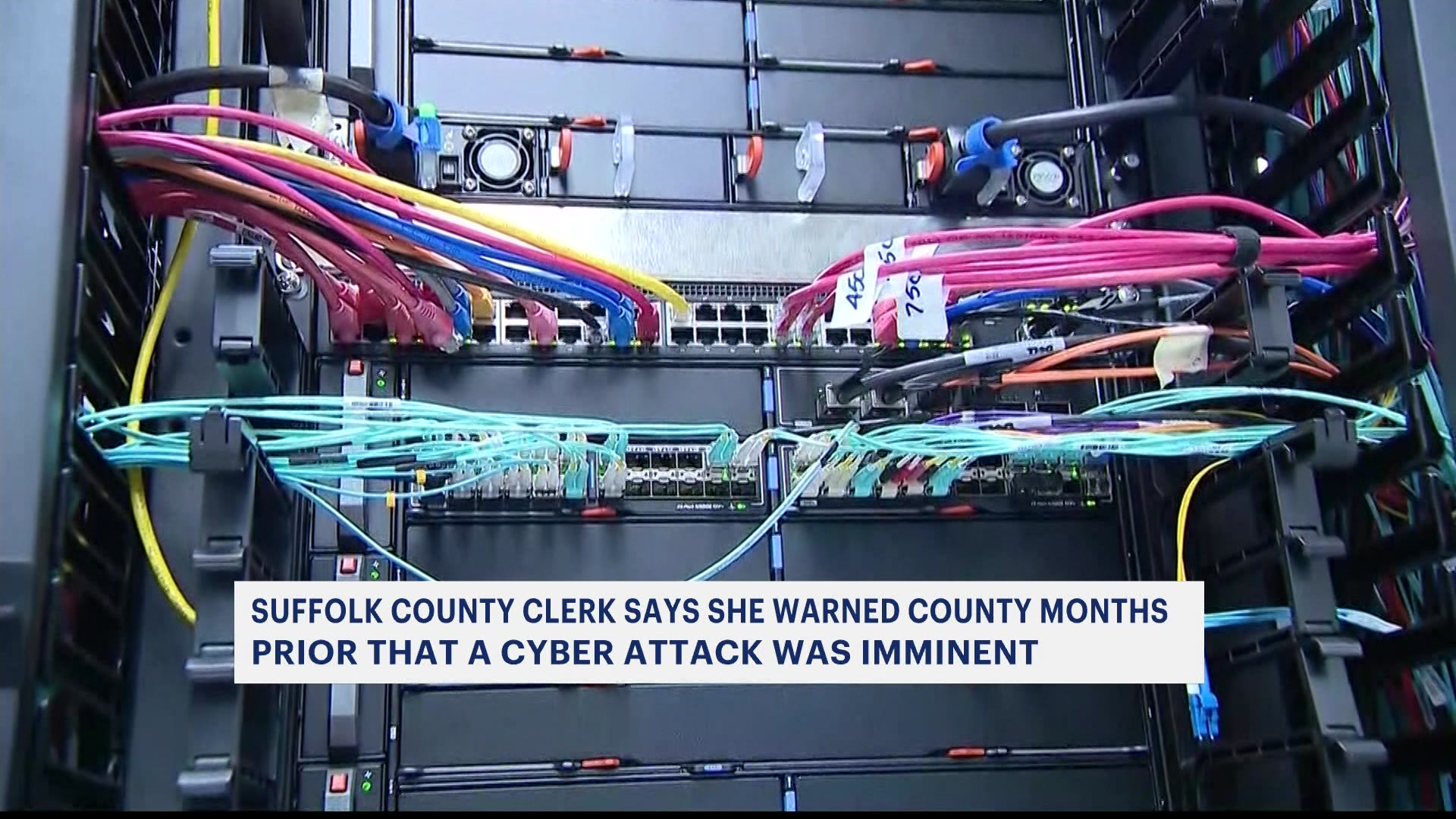As Bellone seeks ‘centralized’ computer network, other Suffolk officials call for autonomy
As Suffolk moves to put a crippling ransomware attack behind it, County Executive Steve Bellone is touting a newly centralized infrastructure as the core of his efforts to secure disparate county networks.
“Never again will the county information technology security team be in a position to ask someone to fix a security concern because they don’t have the credentials to access systems themselves,” Bellone said.
But as Bellone moves to implement the long-planned vision, some other elected county officials, citing the impacts of the ransomware lockdowns and concerns about confidentiality, are pushing for even greater levels of security autonomy. The Sept. 8 cyberattack shut down a broad cross-section of county services for several months.
“We’re getting the hell out of there completely,” Suffolk Comptroller John Kennedy said of the county’s network. By the second week of March, Kennedy said he expects to have his office’s audit software application onto a remotely hosted cloud-based system that will be “completely off any county hardware or servers.”
WHAT TO KNOW
- A newly centralized infrastructure is the core of County Executive Steve Bellone’s efforts to secure disparate Suffolk networks.
- Other elected county officials, citing concerns about confidentiality, are pushing for even greater levels of security autonomy.
- The consultant helping Suffolk search for its first chief information security officer said the county’s “siloed” structure of networks is one of its biggest challenges.
The structure of the network presents it with long-recognized challenges, with the county’s main Department of Information Technology controlled by the Bellone administration and sub-networks with varying levels of autonomy and responsibility, including separate IT staffs, and under elected officials such as the county clerk and sheriff.
Experts said that “siloed” approach can leave the county more vulnerable to attack and more of a challenge to get cyber insurance. But political realities leave others concerned that ceding too much control to the county executive could expose sensitive information to political foes.
Security dome over disparate systems
…



